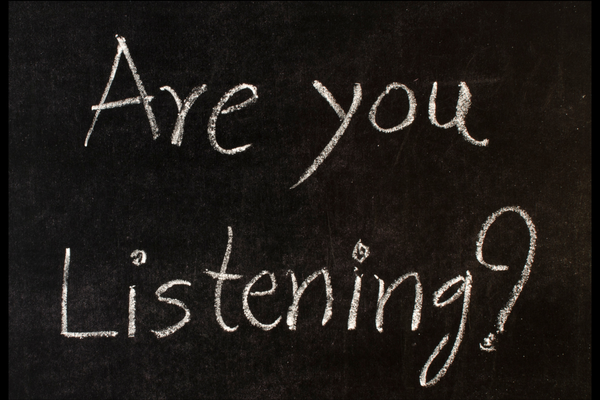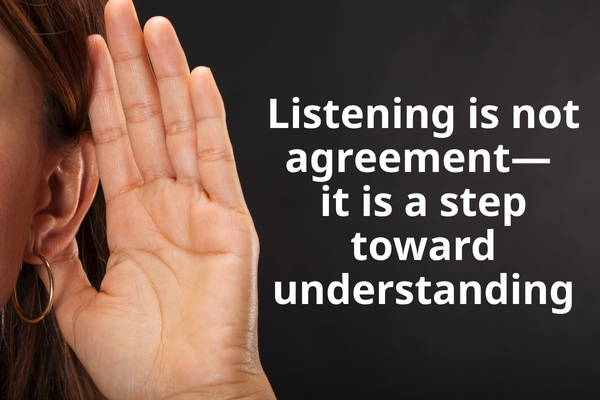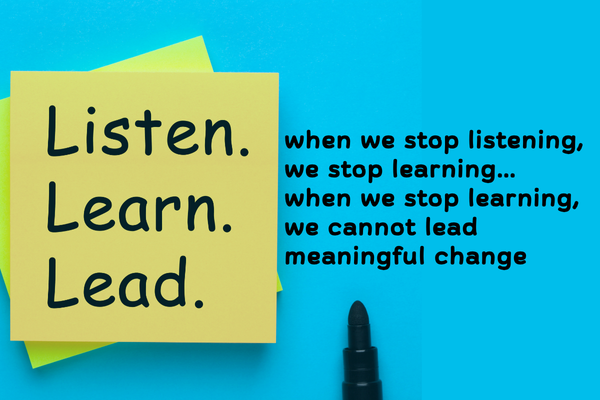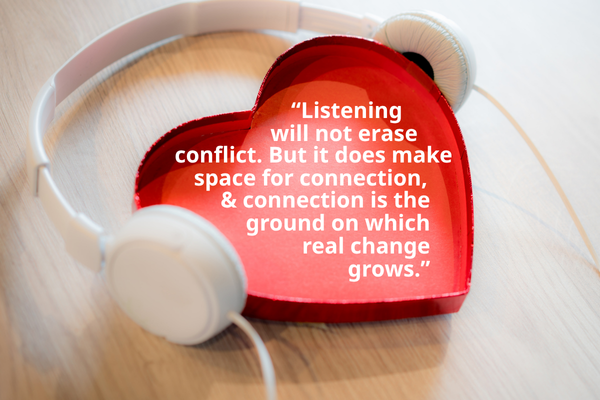There are no items in your cart
Add More
Add More
| Item Details | Price | ||
|---|---|---|---|
Wed Oct 8, 2025





Listening will not erase conflict. But it does make space for connection, and connection is the ground on which real change grows. Together, we can reclaim listening as not just a research skill, but a life skill, one that strengthens our campuses, our communities, and our society.
Are you interested in learning more? Watch the recordings from the 2025 ic-QRTM conference on our YouTube channel at Institute for Research and Theory Methodologies - YouTube.